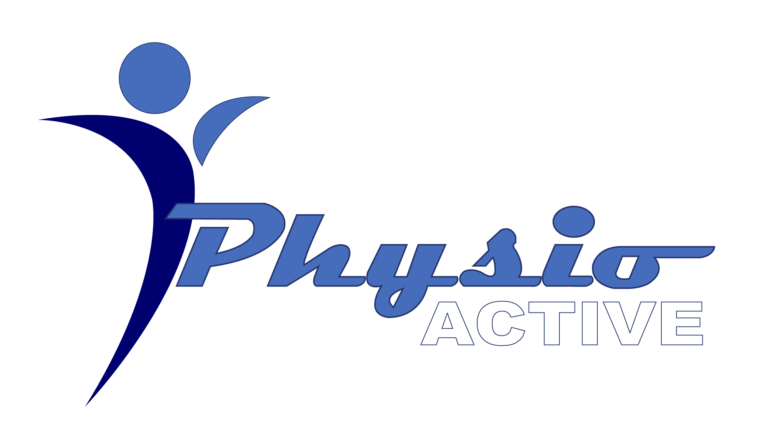Slip Disc Problem
Slipped disc, also known as a herniated disc or disc protrusion, occurs when the soft inner core of a spinal disc pushes through the outer ring. This condition can cause pain, numbness, and weakness in the affected area, and it often requires a comprehensive approach for management. Visit our Best Spine clinic in Saket. While physiotherapy cannot cure a slipped disc, it can help relieve pain, improve mobility, and facilitate the healing process. Here are some common physiotherapy treatments for slip disc problems:

Pain Management:
Physiotherapists may use various modalities to help manage pain associated with a slipped disc. This can include heat or cold therapy, electrical stimulation, ultrasound, or TENS (transcutaneous electrical nerve stimulation) to alleviate pain and promote comfort.
Manual Therapy:
Hands-on techniques such as spinal mobilizations, gentle traction, and soft tissue massage can help reduce pain, decrease muscle tension, and improve spinal mobility.
Core Strengthening:
Strengthening the muscles that support the spine, particularly the core muscles, is crucial in managing a slipped disc. The physiotherapist will guide you through exercises that target the deep abdominal and back muscles to improve spinal stability and reduce strain on the discs.
Stretching and Flexibility Exercises:
Specific stretching exercises can help improve flexibility and relieve pressure on the affected discs. These exercises may target tight muscles in the back, hips, and legs to improve posture and reduce stress on the spine.
Posture Education and Ergonomics:
The physiotherapist will assess your posture and provide education on proper body mechanics during daily activities and work tasks. They may also offer guidance on ergonomic modifications, such as adjusting chair height or computer screen position, to reduce strain on the spine. Visit the Best Spine clinic in Saket.
Body Mechanics Training:
Learning proper lifting and bending techniques is essential to protect the spine and prevent further injury. The physiotherapist will teach you safe movement strategies and educate you on how to perform activities without exacerbating the symptoms.
Core Stability and Balance Training:
In addition to strengthening the core muscles, balance and stability exercises may be included in the treatment plan. These exercises help improve posture, body control, and reduce the risk of falls.
Education and Self-Management Strategies:
Physiotherapists play a significant role in educating patients about their condition and providing guidance on self-management strategies. This may include advice on pain management techniques, lifestyle modifications, activity modification, and strategies to prevent future disc-related issues.




